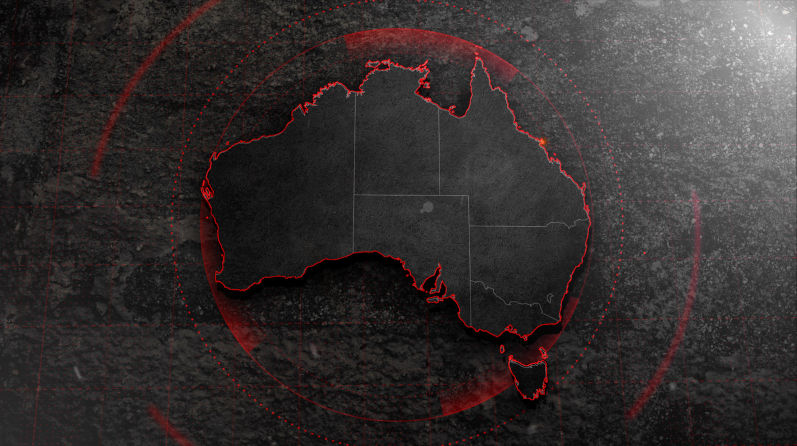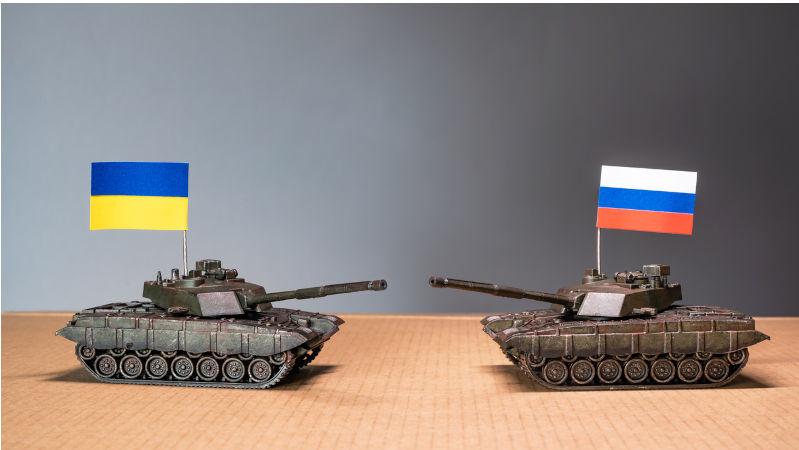You have to admire Australian media. While the rest of us are busy paying $8 for a flat white and wondering how to stretch a pack of IndoMie for a week, our intrepid journalists are fearlessly focused on the real threats – like Chinese naval ships operating in full compliance with international law. (more…)
Kari McKern
-
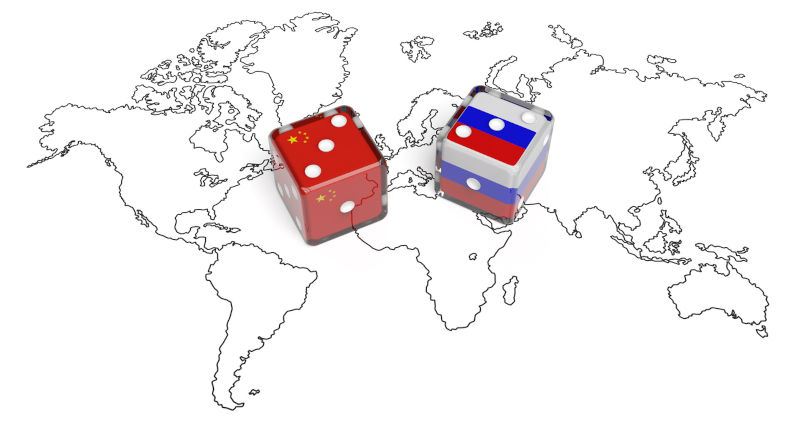
Russophobia and Sinophobia: projection, narcissism and denial
There is a certain cadence to decline, a rhythm of arrogance and desperation, of miscalculation and delusion. The late-stage empire, unmoored from reality yet clinging to myths of its own indispensability, lashes out at perceived threats not because they are real, but because it cannot conceive of a world in which it is no longer the gravitational centre of history. In this way, Russophobia and Sinophobia function not merely as ideological constructs, but as symptoms of systemic decay, the fever dreams of a civilisation struggling to process its own obsolescence. (more…)
-
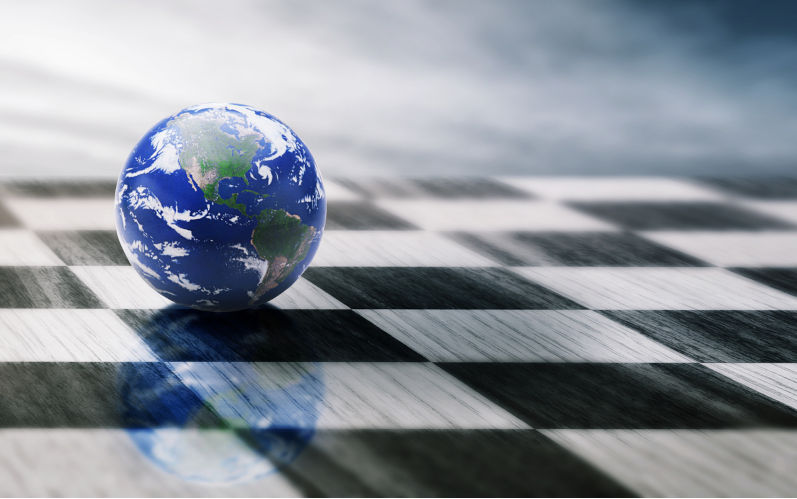
An empire in denial
History rarely surprises those who pay attention. The trajectory of the current geopolitical order — from the war in Ukraine to the economic realignments centred on China and the Global South — follows patterns as old as recorded time. Yet, in the West, political elites and media institutions remain bewildered. How could the unchallenged dominance of the post-Cold War era erode so rapidly? How could NATO’s eastward expansion provoke conflict? How could the Western-designed financial order face credible challenges from Eurasian powers once dismissed as marginal players? (more…)
-
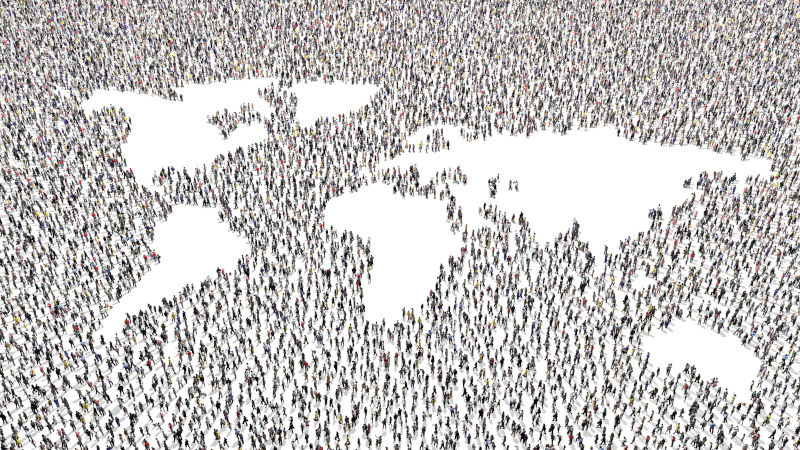
The eternal dance: East, West, and the future of human civilisation
In the grand tapestry of history, no thread is brighter than the one connecting East and West. This intricate exchange of ideas, trade, and philosophies — what we might call the Tao of Terra — has shaped our world in profound ways. (more…)
-
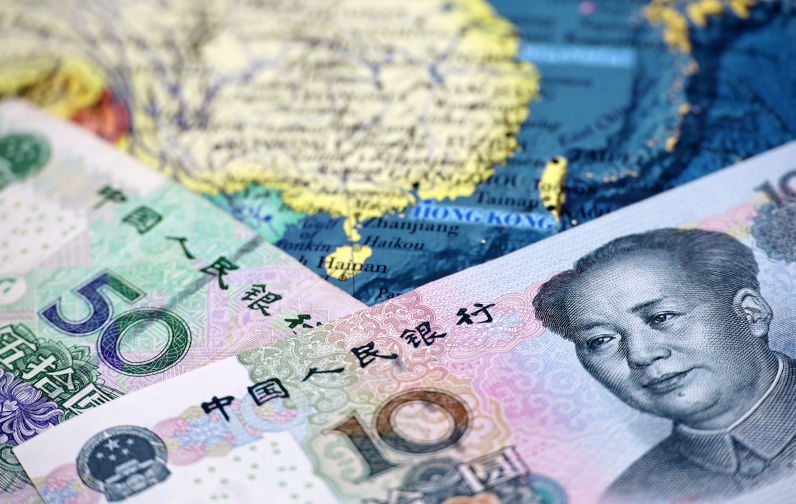
A garden of civilisations
Humanity stands at a crossroads, its future bound not to conquest but to synthesis. The world before us is not one of irreconcilable opposites locked in perpetual conflict but an intricate ecosystem of human Adaptive Systems, each defined by its strengths and vulnerabilities.
-
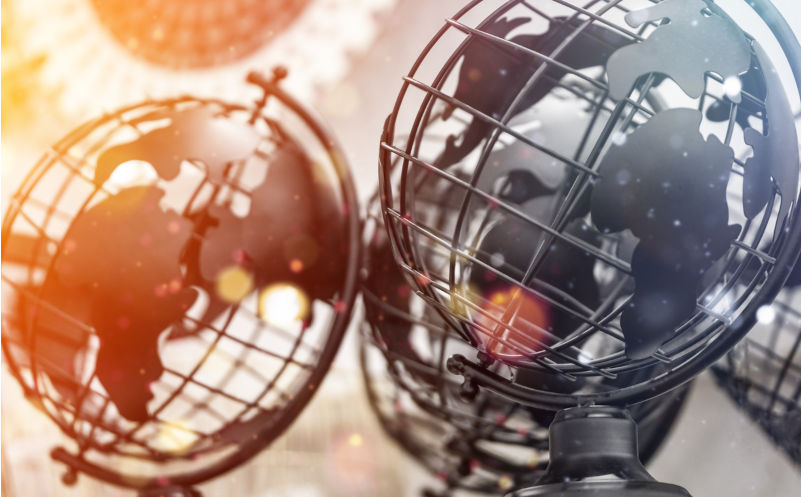
Staving off the collapse of Western civilisation: A personal introduction to the CAMS/CAN model
As a transsexual woman driven by a deep curiosity about the flow of events, the past few years have been especially challenging. Nonetheless, I rose to the task, guided by the principle that truth must be defended. During this time, I have written 30 essays that meet high editorial standards, along with at least as many that remain as “personal notes.” (more…)
-
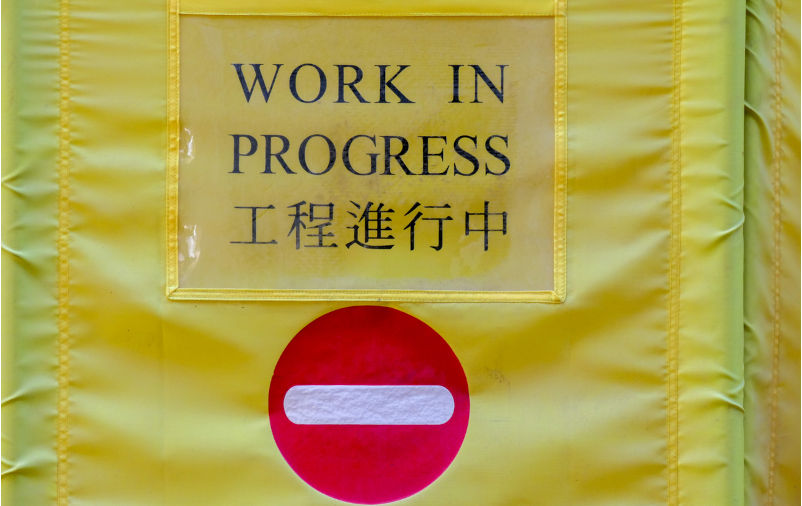
China and the West: commercial pragmatism versus political resistance
Echoing the sentiment often associated with Calvin Coolidge, who famously said, ‘The chief business of the American people is business,’ the reasoning from a business perspective is straightforward: China delivers. Tesla’s Shanghai Gigafactory stands as a testament to this, producing hundreds of thousands of electric vehicles annually. Chinese firms like BYD and CATL lead in renewable energy and electric vehicle sectors, illustrating how partnerships with China are driven by practical needs rather than ideology. The 2023 Edelman Trust Barometer shows that confidence in Chinese firms, especially in tech and energy, is growing among business leaders, who prioritise results over political narratives. (more…)
-

Australian wheat and the BRI: The economic geography of the world’s grain trading
The global wheat trade is undergoing a transformation, shaped by geopolitical shifts, strategic investments, and historical legacies. Central to this evolution is China’s Belt and Road Initiative and its expected impact on traditional trade relationships, including those with Australia. (more…)
-
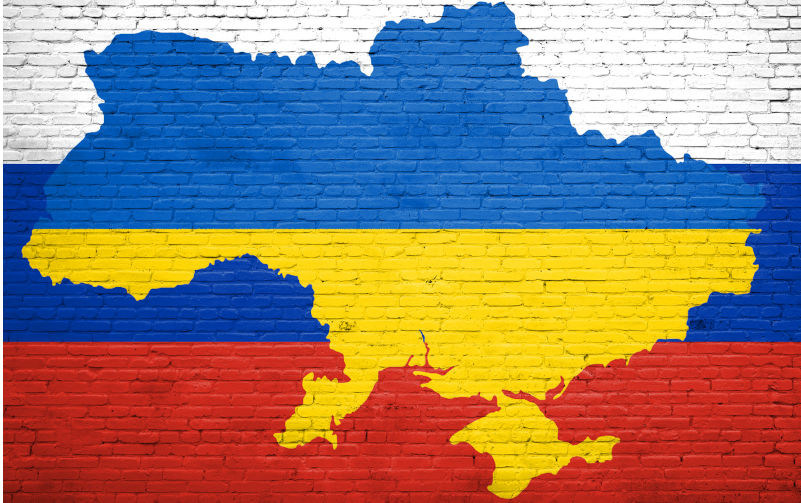
Lessons from history: The urgent need for diplomacy in Ukraine
Two years ago, as the conflict in Ukraine escalated, I felt compelled to write about the parallels between this war and previous Western interventions, namely the Vietnam War and the Polish-Soviet War of the early 20th century. It seemed that the world had forgotten the lessons of my young adulthood – that there is a glaring difference between the values U.S. foreign policy espouses and its behaviour, and there is a great danger in escalating conflicts with Russia. (more…)
-
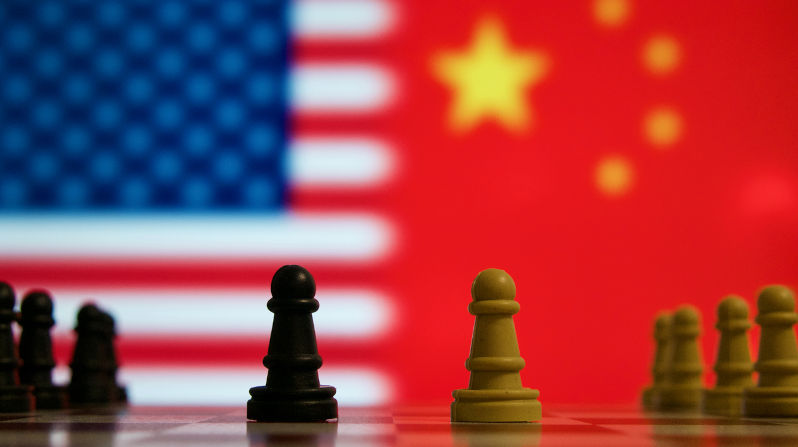
The shadow of empire: how the dream of global dominance undermines American democracy
The notion of American exceptionalism — that the United States is uniquely destined to lead the world due to its superior values and capabilities — has been deeply embedded in the national consciousness for generations. This belief, cultivated by political, business, and intellectual elites, frames the US as a force for good, a beacon of liberty and democracy that must guide the world. Yet, this self-image, so central to the American identity, has also become a source of dangerous rigidity, blinding the nation to the realities of its own decline and the limitations of its power. (more…)
-

Pearl or Irritation? The Kantian imperative and the case for dissent
The Pearls and Irritations platform, with its commitment to fact-driven critique, exemplifies dissent as a profound act of civic engagement. Immanuel Kant, the renowned Enlightenment philosopher, offered a powerful defence of this kind of loyal, evidence-based dissent. (more…)
-

China’s open source revolution: innovation through collaboration
While Western nations often celebrate private ownership as a driver of innovation, China’s traditional focus has been on how intellectual property can best serve the collective needs of the nation, particularly in economic development and technological self-reliance. In recent decades, however, China’s approach has undergone a significant transformation. It has shifted from imitation and adaptation to strategically embracing open standards, open-source technologies, and collaborative development. (more…)
-

The geopolitics of cyber espionage
In March 2024, the United States government and its Five Eyes allies issued dire warnings about a Chinese state-sponsored hacking group known as “Volt Typhoon.” They alleged a shadowy entity had compromised thousands of devices worldwide to target critical infrastructure in Western nations. (more…)
-
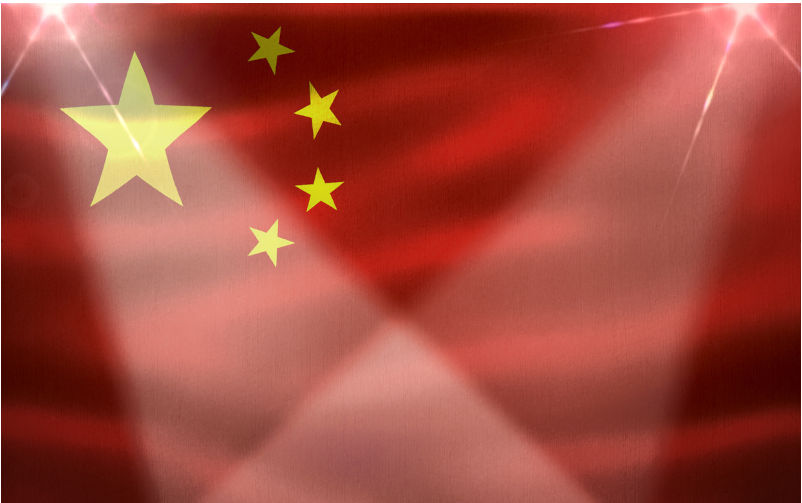
How China’s ancient “Mandarin” class inspired 19th century reforms in the British bureaucracy and influenced the new China
Throughout history, ideas and innovations have flowed between East and West, with each civilisation learning from the other. One profound exchange was the transmission of Chinese civil service notions to the Western world in the 18th and 19th centuries. This adoption and adaptation of Chinese administrative practices shaped the development of modern governments globally. (more…)
-

Western decline and media bias: The uneven narratives of Gaza and Ukraine
The stark contrast in media coverage of the conflicts in Gaza and Ukraine reveals a troubling pattern of bias that shapes public perception and policy in profound ways. (more…)
-
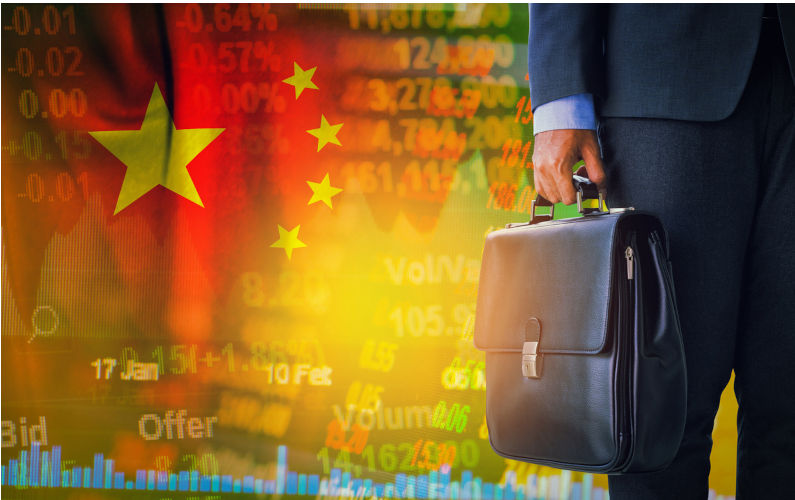
The Tao of Terra: the fate of East and West are intertwined as never before
In our highly interconnected world, the fates of both the East and West are intertwined as never before. In the face of existential challenges, it becomes imperative for humanity to work together for the common good. Our survival now hinges on our ability to foster mutual understanding, promote global cooperation, and embrace our shared humanity. (more…)
-
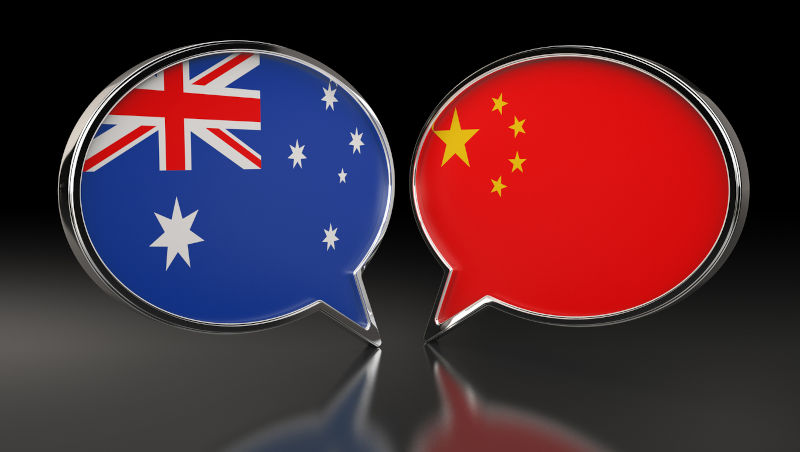
Bridges, not walls: Xi Jinping and the Australia-China relationship
The relationship between Australia and China, once characterised by regard and mutual curiosity, has recently been extremely turbulent. However, it was not always this way. (more…)
-

Narcissus at war
The manipulation of truth and the acceptance of self-fabricated narratives can have devastating consequences, akin to the fate of Narcissus in Greek mythology, who, entranced by his own reflection, was consumed by self-love to the point of destruction. Similarly, the propagation and strategic use of misinformation as a political tool has serious consequences. (more…)
-

Chips and geopolitics: the unexpected rise of Huawei in AI technology
In 2023, Nvidia held a 90% share of China’s AI chip market, with sales of $7 billion. Now, less than a year later, Nvidia is cutting prices to compete with Huawei in China and move its “Made for China” H20 AI chipset off the shelves. What went so wrong, so fast? (more…)
-
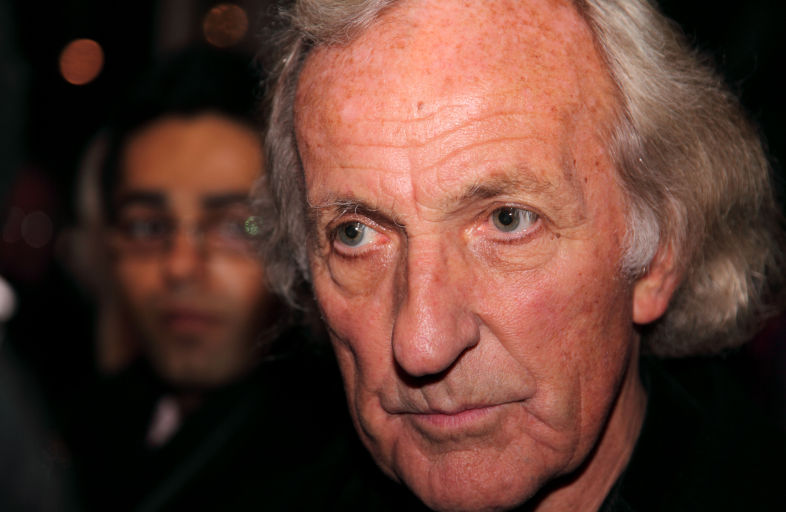
John Pilger on the war in Ukraine
The Guardian obituary of John Pilger last year did not mention his views on the war in Ukraine. John Pilger, the renowned Australian journalist who passed away in 2023 at age 84, was a vocal critic of Western foreign policy and media propaganda. (more…)
-
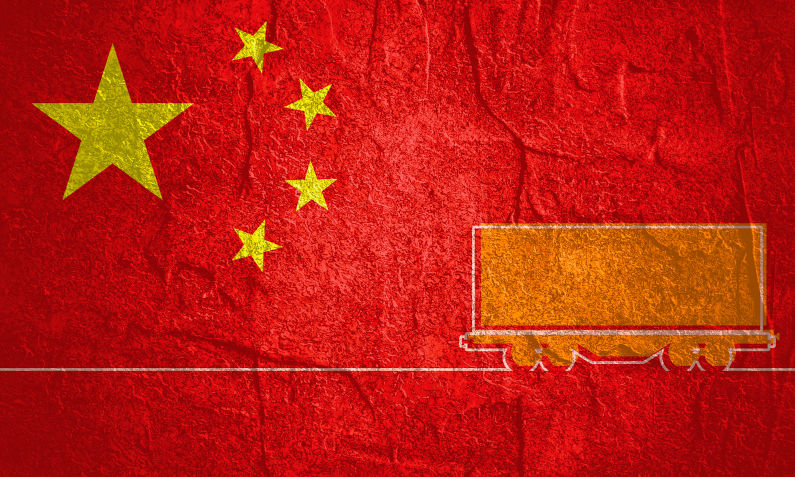
Driving the dragon: China’s adaptive policymaking
China’s economic policymaking over the past few decades is a fascinating example of adaptive planning and strategic foresight. From pivoting away from reliance on globalisation to emphasising domestic infrastructure and poverty alleviation, tilting towards the Belt and Road Initiative (BRI), and now focusing on “high-quality development” (simultaneously upscaling advanced manufacturing while deflating the property bubble), China has demonstrated a sophisticated capacity to recalibrate its economic policies in response to the changing global and domestic landscape. (more…)
-
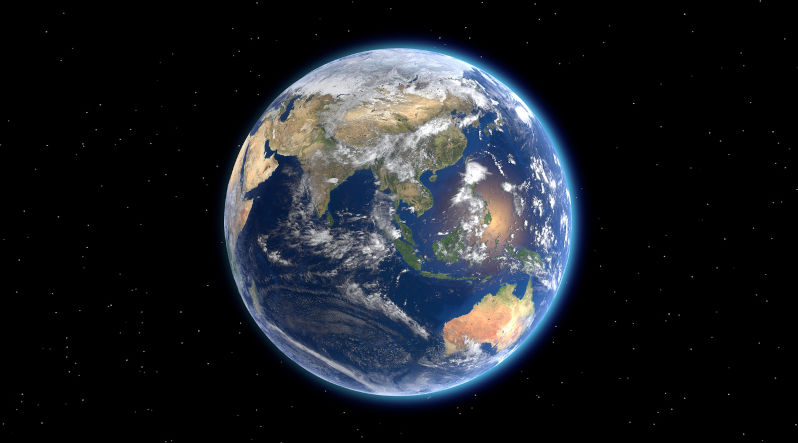
The sin of “hubris”
The sin of “hubris” is to shame and humiliate others for pleasure or gratification. Such narcissistic pleasures were considered offensive to the gods of ancient Greece; a case of breaching the boundaries between the human and divine realms. (more…)
-

China’s EV industry future reflects solar power’s extraordinary past growth
It is a serious mistake to underestimate the strength and capacity of China’s commitment to its green new dream. (more…)
-

The cost of lies: radical honesty has never been more urgent
“Every lie owes a debt to the truth, sooner or later that debt is paid.” – Soviet nuclear engineer Valery Alekseevich Legasov on the consequences of deceit and denial. (more…)
-
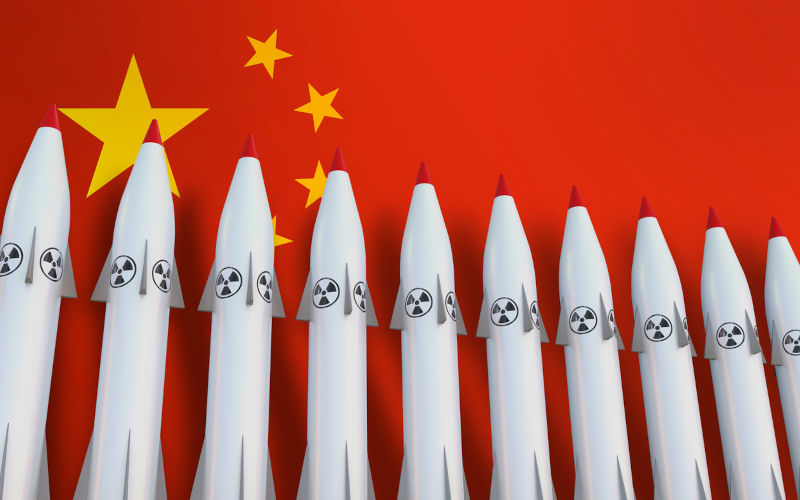
The mirage of China’s offensive nuclear strategy
In previous articles, I’ve articulated why I adopted a skeptical and analytical mindset from a young age, particularly in the realm of geopolitical claims made by nation-states in the nuclear age. Now, let’s shift our focus to China’s nuclear strategy. (more…)
-
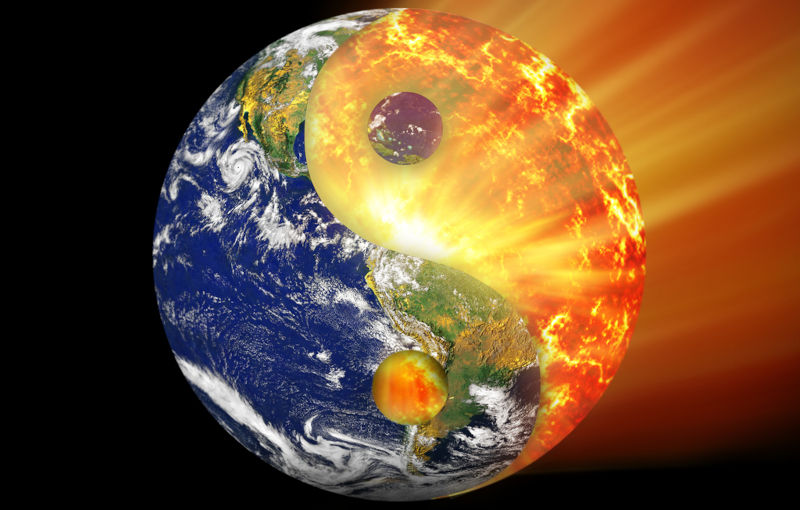
The empire breaks down
The West’s decline is no triumph, but nor is it a tragedy. It’s just the latest reminder that all organising systems, even empires, are transient, that success always brings complacency, but that the best of human civilisation is renewed and transformed even as the old order fades away. (more…)
-

Ukraine and the battle for Skaro
Over the past eighteen months, I’ve often found myself under scrutiny for not outrightly condemning Russia’s invasion of Ukraine. Any acknowledgment of Russia’s stance—that the hasty expansion of NATO played a role in the current conflict—earns labels: indifferent to Ukraine’s plight, a “Putin” apologist, a victim of Kremlin misinformation. (more…)
-
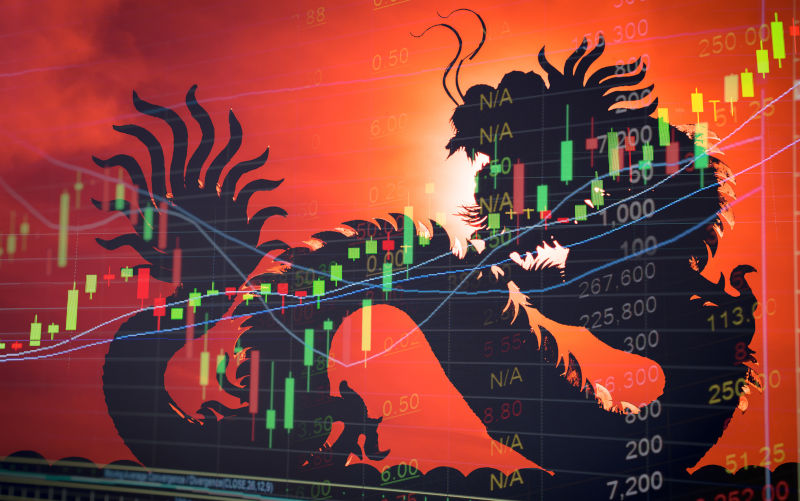
In the 1930s, scholars made remarkably accurate predictions on the China of 2030
“This nation, after three thousand years of grandeur and decay… exhibits today all the physical and mental vitality that we find in its most creative periods… Very probably such wealth will be produced in China [by 2030] as even America has never known and once again, as so often in the past, China will lead the world in luxury and the art of life.” – Will Durant, 1935. (more…)
